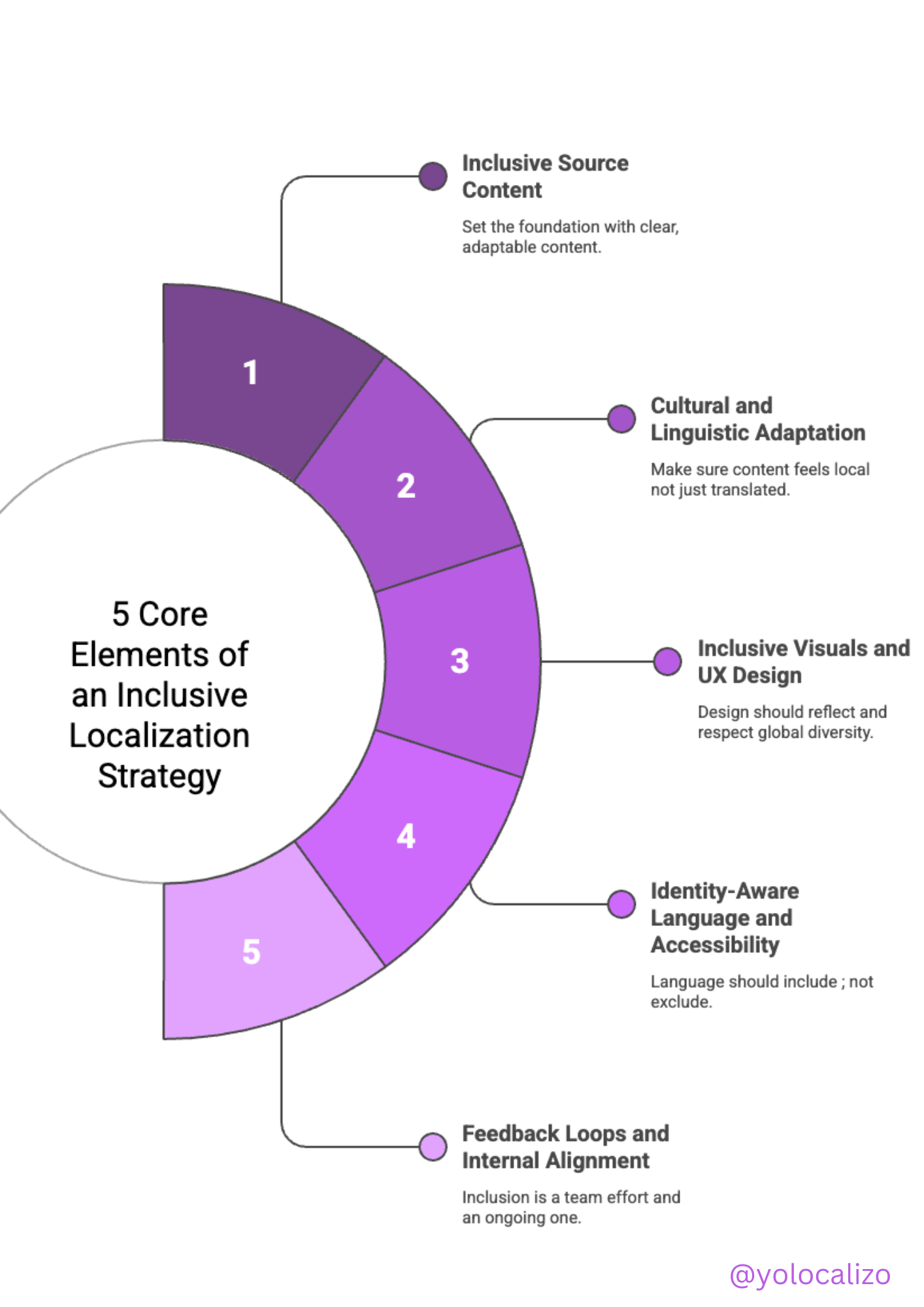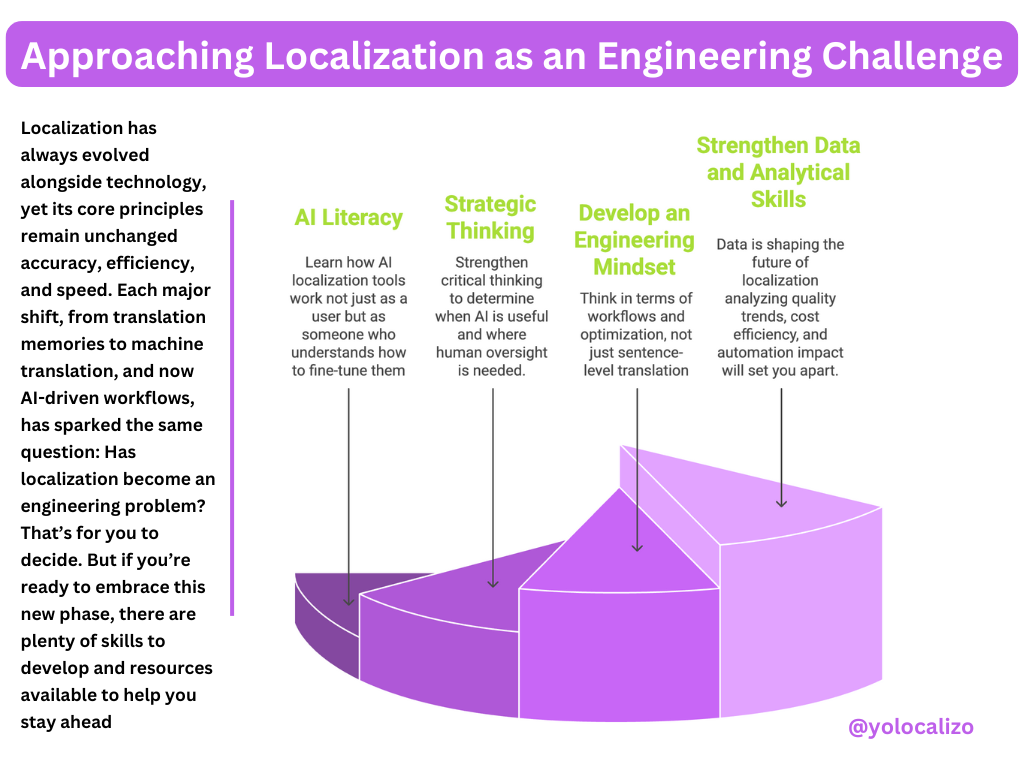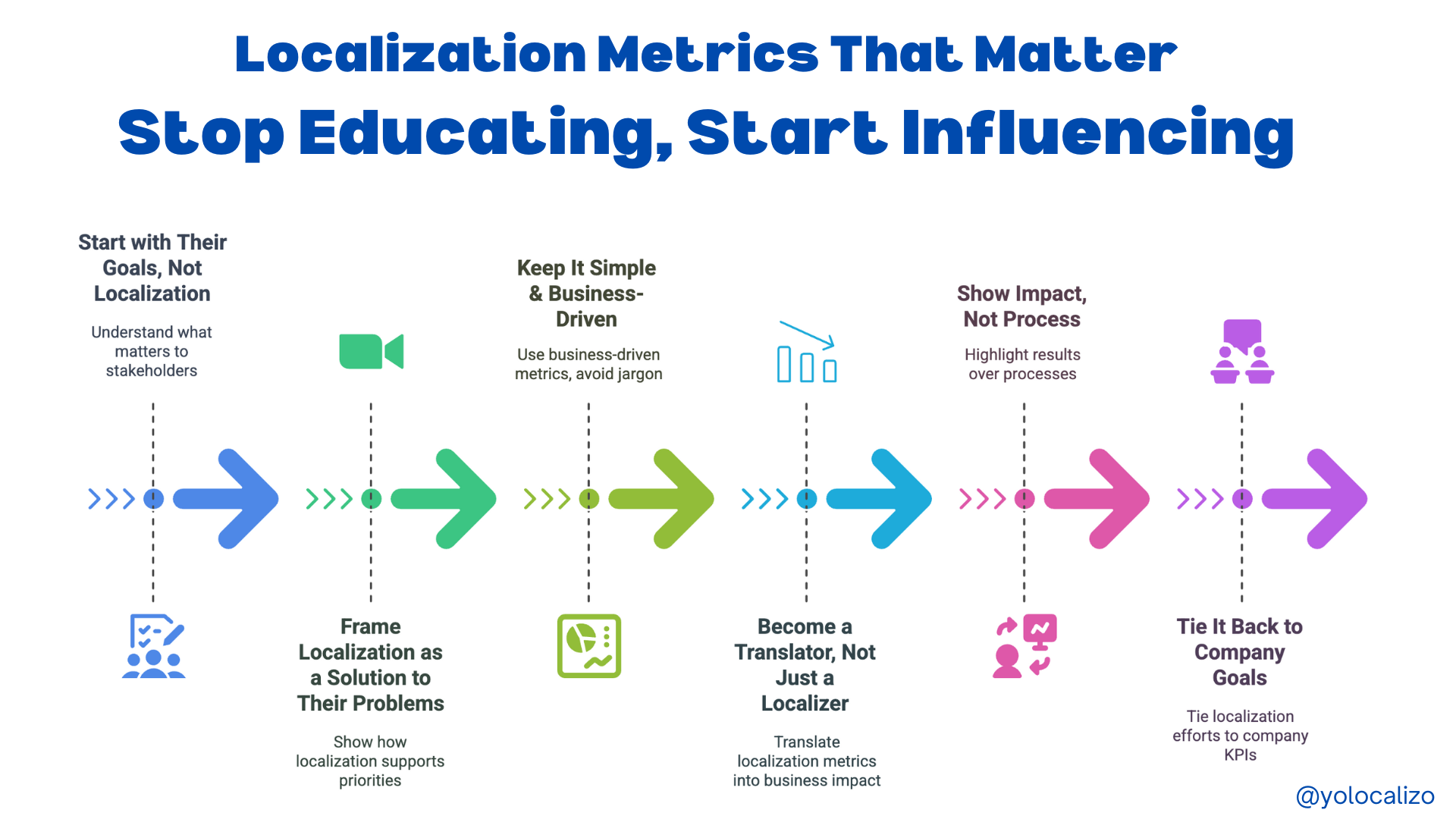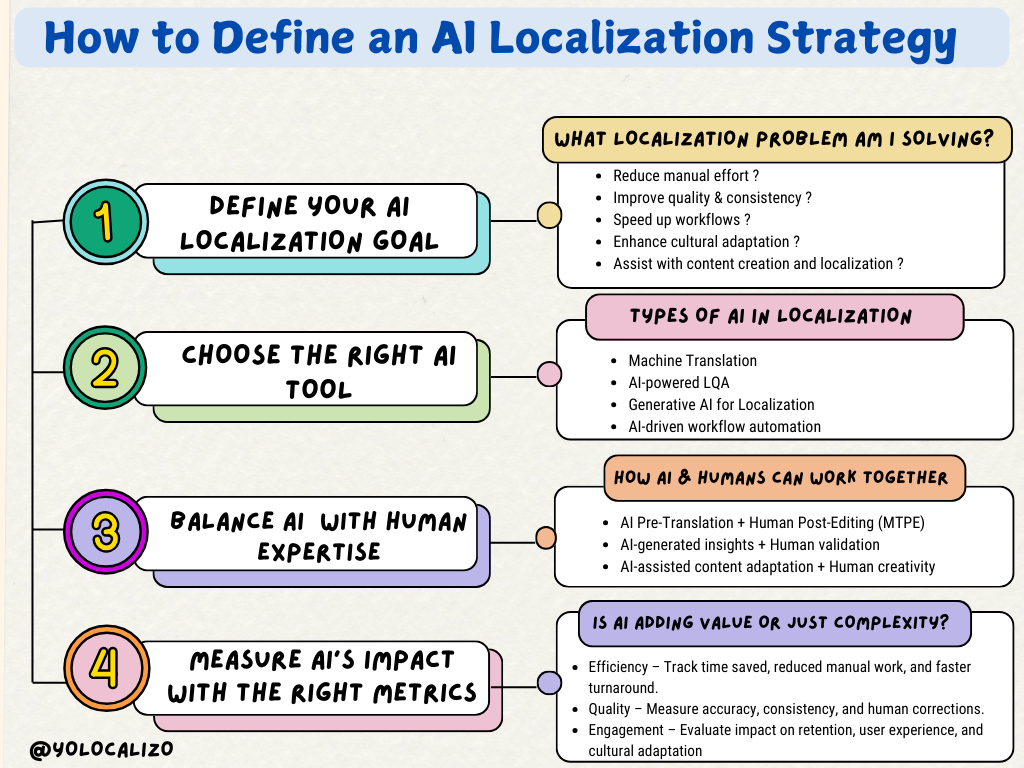Hack your brain with Parkinson's Law!
Work expands to fill the time available for its completion. If you’re into productivity, you’ll know this rule as Parkinson’s Law.
First time I heard about Parkinson’s Law I did not believe it.Why do I take more time to finish something? It’s better just to finish something and then moving on! Time to work on something else or enjoy some tapas!
That’s the signal that the rational part of my brain sends.However, when I thought about it carefully I realized that I was under the influence of this law.
For example, back to my university days I put more hours to study when the date of the exam was approaching; same behavior when I had to prepare my thesis; usually I was using all the time I was given. If I had 2 days to prepare a chapter it took me around 2 days, when I had 1 week to write the next chapter it took me 1 week, and if the buffer was more generous and I had 2 weeks, guess what? Magically it took me 2 weeks!
During 4 weeks I tracked my time.
The second column was more aggressive, pushing me out of my comfort zone.I was making an effort to be honest with myself and I was not including buffer time in my estimation. I decomposed tasks (I applied the decomposition techniques I learned while preparing my PMP certification) to create shorter deadlines.
My anti-Parkinson column had 10% time less to finish a task for the first week. Second week I reduced this buffer to 15%. 20% in the third week and 25% in the fourth week.This means that if I thought it would take me 6 hours to create a specific document it would take me 1.5 hour less (25%) the 4th week. The anti-Parkinson rule worked in my case in most of the situations. It forced me to stay focus.At that point is when I started to be more curious about productivity and how to accomplish more by working less, or better said being more productive.
If we move from the education area to our working days the behavior it’s quite similar. If we need to finish a deck of slides in 4 days it will take us around 4 days.
Before the deadline we will have the incredible ability to seemingly waste hours of our day following Wikipedia links, checking Twitter timeline, watching videos in YouTube (about cats), doing longer coffee breaks or reading/answering trivial emails.
Why do you think we behave like that? Why the work expands to fill the time available for its completion? In my opinion this happens because we estimate tasks will take longer than they really need.
A few years back I did an experiment.
It was a period of my career where I had to document and create a lot of processes. It was a period of heavy writing and analytical thinking. I created a table for time estimation with 2 columns.The first column is the conservative duration that it might take me to create one of those documents. That time estimation will be closer to the Parkinson Law principle.
In the next paragraph I am going to explain you how I use Parkinson law in my own benefit, how I “hack” my brain. They key is to do more in less time. They key is to avoid distractions and be totally focus on your task.
What I do to use Parkinson law to my advantage is
1. Squash my deadlines down to the bare minimum. However I am conscious of the line between ‘bare minimum’ and ‘not enough time’ – what I am aiming for is a job well done in less time, not a disaster that’s going to cause me problems. In my case I found I could be at least 25% more productive if I’m totally focus. However to reach that focus state I need to create some conditions to create the “flow” moment. We love the idea to believe that we can multitask. That we can write a document and at the same time reply a Facebook notification while we listen a podcast and talk to someone who pop up at our desk. Unfortunately this is not true. There are different studies that showed that the human brain is not prepared for multitasking. My brain confirms these studies ☺️. I’m easily distracted. So I need to carefully create the right conditions to enter in that flow moment. The following techniques work for me:
2. No mobile notifications while I am working. Nowadays it’s so difficult to stay focus with so many social networks that it’s really challenging to work efficiently if our mobile phone is around. In my case I forced myself to turned off my Whatsapp notifications, Twitter, Facebook, Email, Instagram, newspapers notification etc etc basically I was turning off everything that it might distract me. It was not easy to do as I felt that I might be missing something important, but the truth is that once I calm down the reality is that I was not really missing anything crucial.
3. Sometimes when I feel turning off notification is not enough (because I need to be in a total creative flow) I turn off my phone. Do you remember the last time you switch off completely the phone? Give it a try it’s very healthy ☺️
4. No email while I want to be creative, I only do email twice a day, before lunch and before going home at the end of the day. I cannot work efficiently if I have a pop-up notification in the right corner with a preview of the message. If I read the first 2 lines of the message my curious brain needs to keep reading. If I open the email then I lose the flow and suddenly I’m replying emails instead of producing work. I use the work offline mode in Outlook as often as I can. This feature is quite useful. Give it a try!
5. Before going home I create a list of the tasks that I need to accomplish the following day. And I will ask myself the following question. Tomorrow it will be a productive day and I´ll feel good if I accomplish the following tasks ……. (That mindset helps me to establish the right priorities)
6. I work in batches for the non-creative tasks, and I will do these tasks in the evening. In the morning I’m fresh and full of energy so I want to eat my frog (as Brian Tracy explained in his book)EAT that Frogas soon as I can. However, at the end of the day my energy level is going down. At that point it’s time to take care of those admin tasks that they do not require the best version of me (i.e phone calls, reply emails, write meeting minutes…)
7. Meetings – there’s plenty of guidelines already in Internet about efficient meetings. Therefore I won’t extend that much here about this topic. What I want to share with you is that I try to decline as many meeting requests as I can ☺️ I accept only those meetings that they have a clear agenda/purpose. Also I try to avoid meetings early in the morning. A meeting at 9am and another one at 10am will slow me down for the rest of the day. I would lose the creativity flow and energy I have in the morning. For me the best time to organize meetings is around lunchtime.
Therefore my ideal schedule would be as follow
1. working offline in the important tasks I identified the day before for 3 hours,I use the pomodoro technique and I reward myself (yesterday my reward was a slice of bread with tomato and Iberian ham ☺️when I complete 6 podomoro cycles of 25 minutes in the morning
2. then I attend meetings,
3. I check email,
4. lunch time! Yay!
5. m ore work producing relevant content,
6. coffee break!
7. more email,
8. create the list of tasks I want to accomplish the following day and
9. go home ☺️
I understand each of us will have different type of jobs and responsibilities. If you work with a team located in Asia it will be more difficult to have meetings around lunchtime. Same if you work with USA/Canada. In this post entry I am just sharing what it works for me. This is true for me.
So, is it true for you? Does your work expand with the time available for completion? In my life, yes. Instead of being challenged by this, I leverage the principle of Parkinson’s law and get more things done in less time! Hack you brain! Get rid of the distractions and enjoy the flow of the creativity.
@yolocalizo













Before jumping on the AI bandwagon: What localization problem are you trying to solve? AI is everywhere right now, including in localization.
But before jumping on the bandwagon, we need to stop and ask:
Are we solving the right problem?